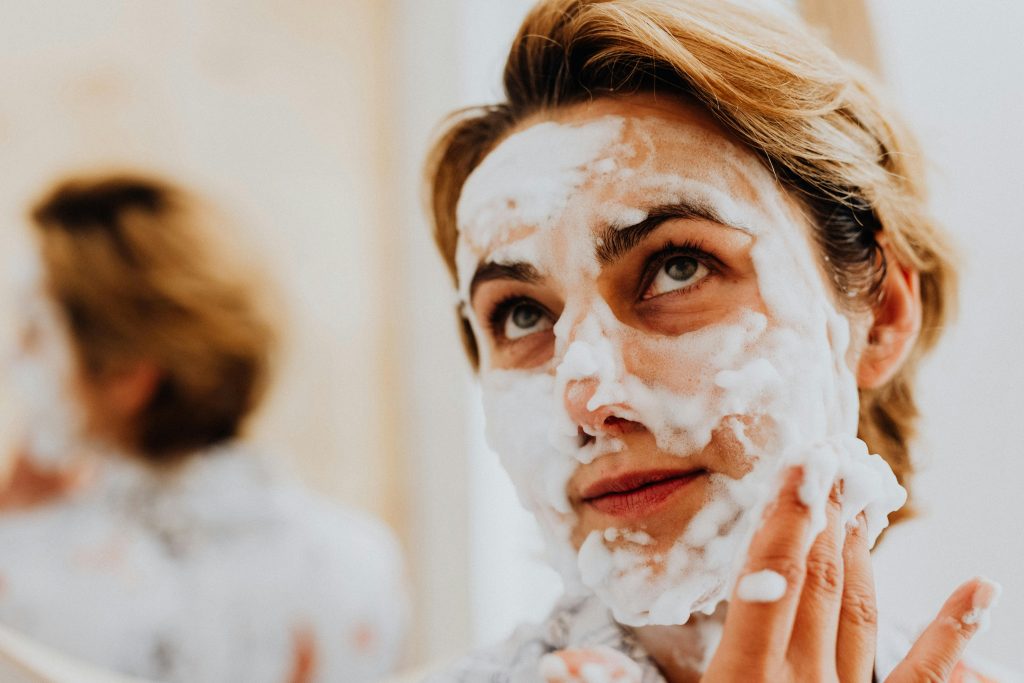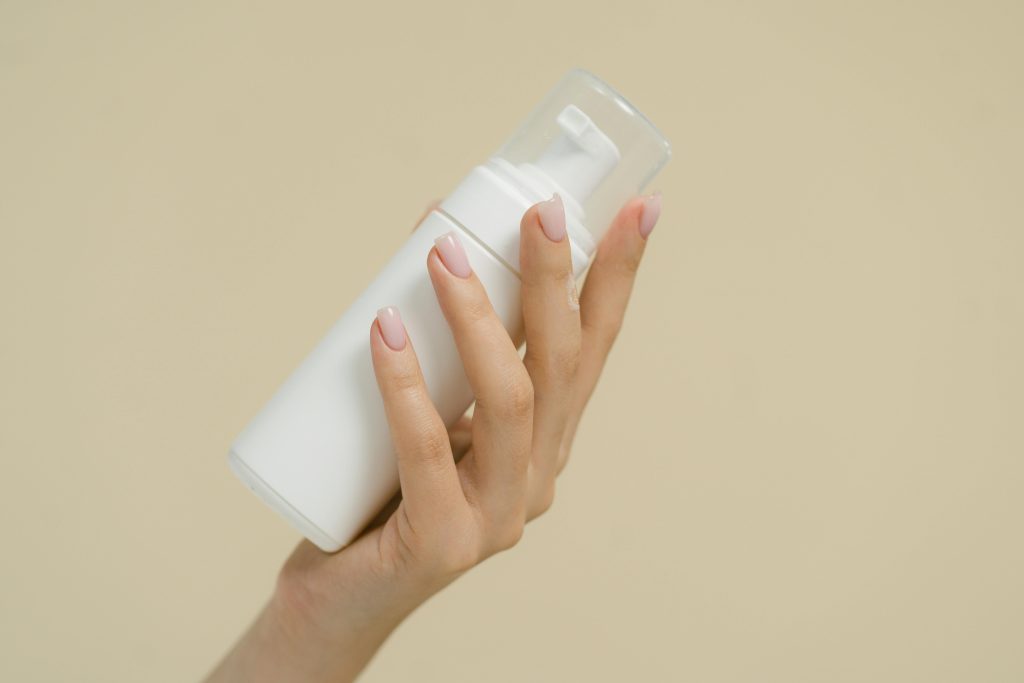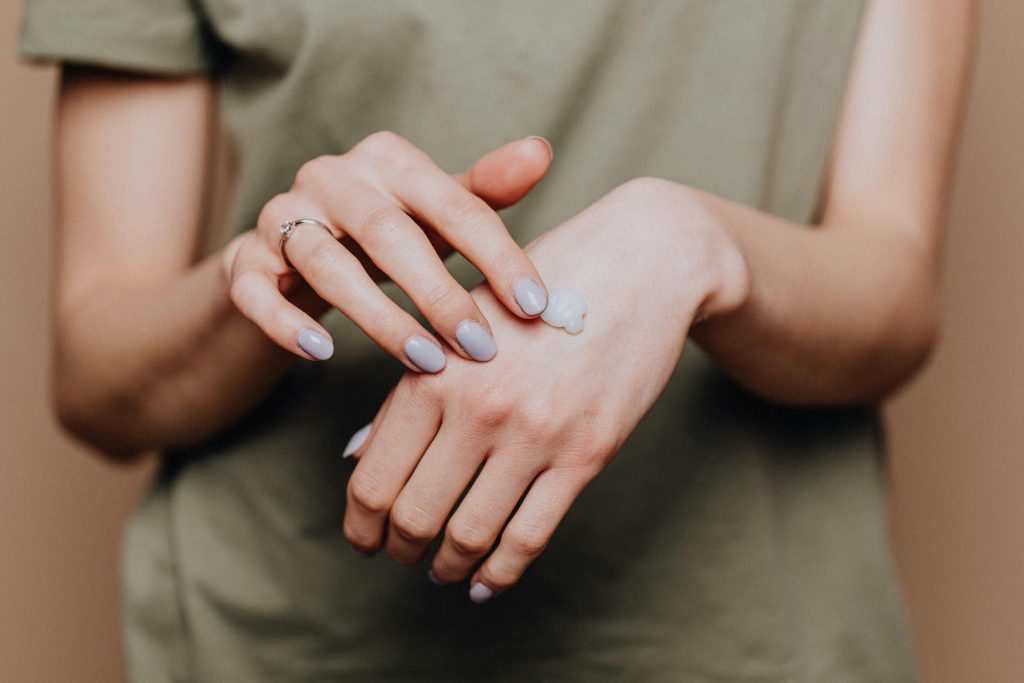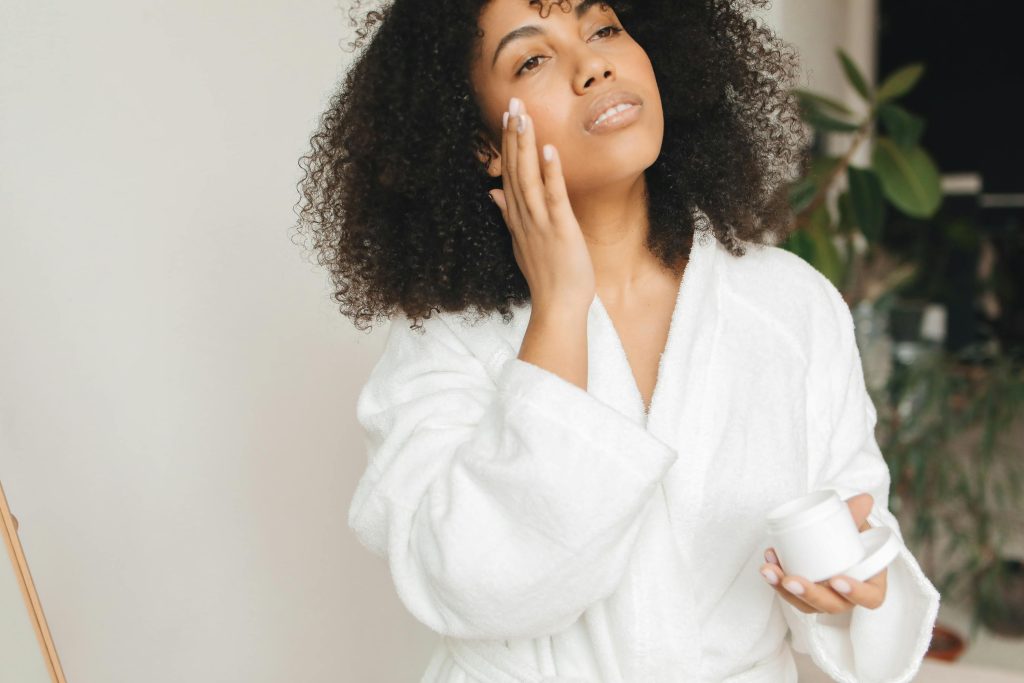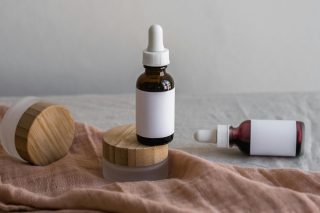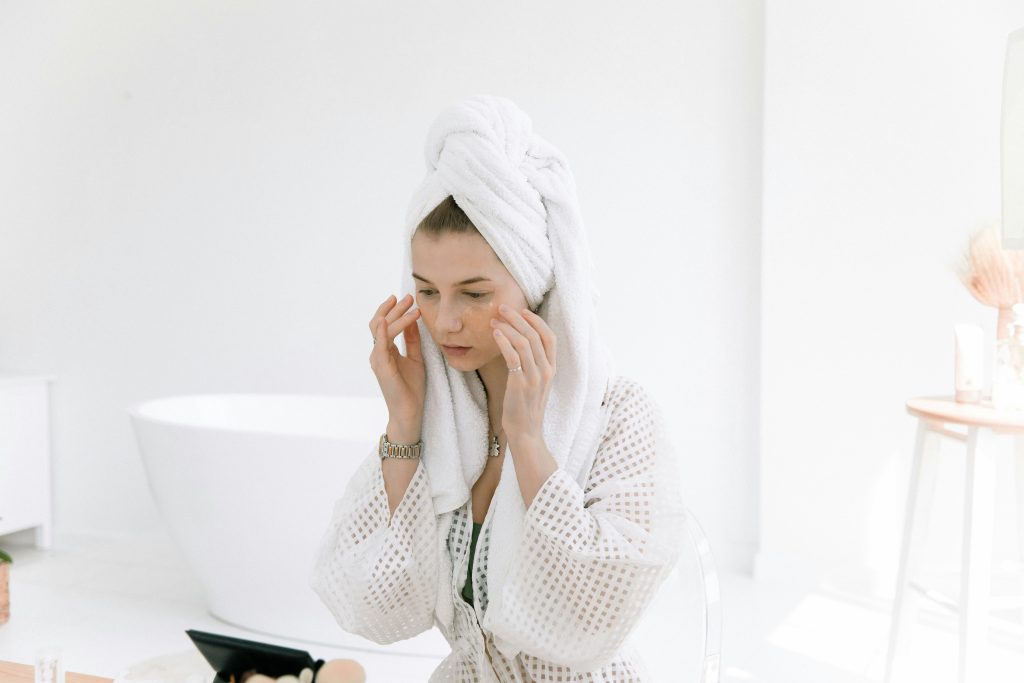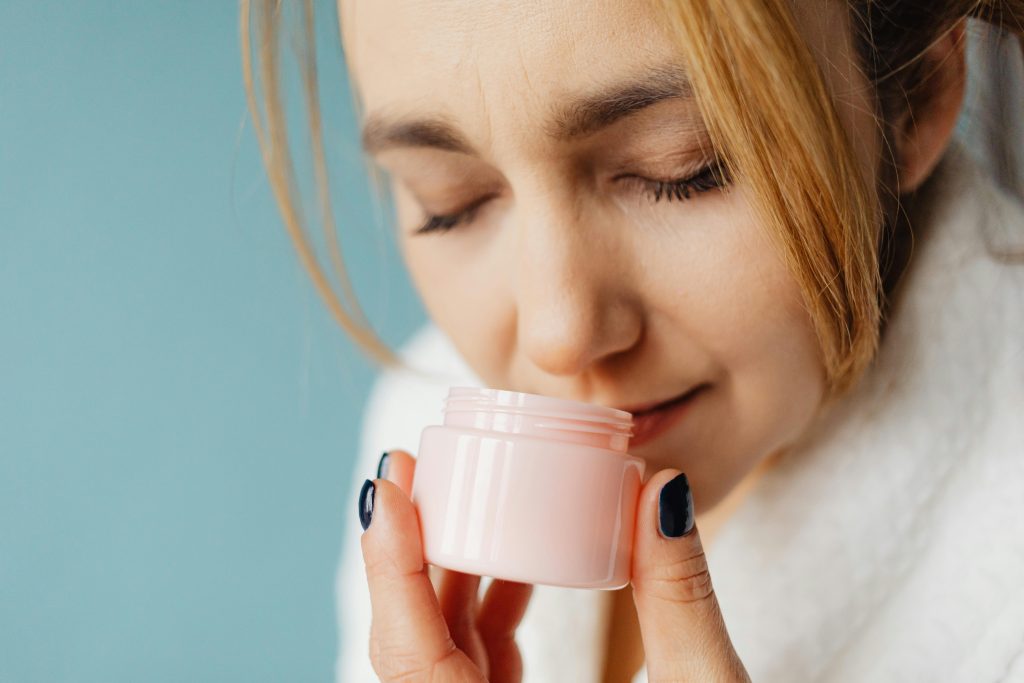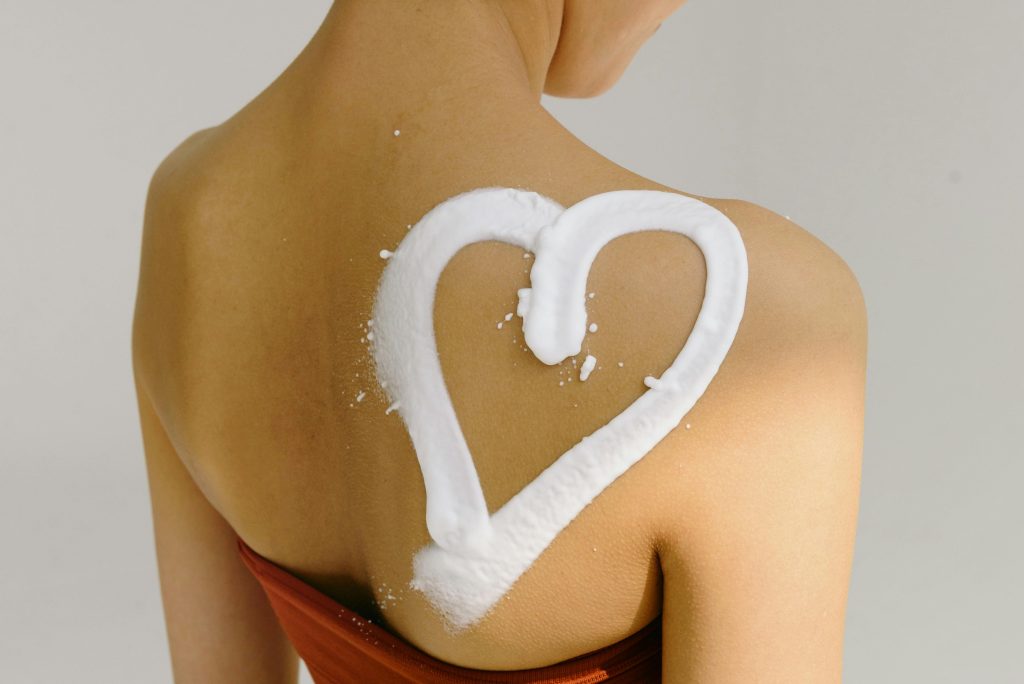
🌸 What Causes Sensitive Skin? Triggers You Should Avoid
If your skin often feels red, itchy, or irritated, you may be dealing with sensitive skin.
This isn’t a medical diagnosis, but rather a skin condition where the barrier is more reactive to products, weather, or lifestyle factors.
The frustrating part? Sensitive skin doesn’t always have one clear cause. Instead, it’s usually a mix of genetics, environment, and product choices.
The good news is that once you identify your personal triggers, you can take control and significantly reduce irritation.
Let’s explore the primary causes of sensitive skin and the most common triggers to avoid.
🧬 Genetic & Skin Barrier Factors
🚩Weakened Skin Barrier → If your skin barrier is thin or damaged, irritants can penetrate more easily.
🚩Conditions like Eczema or Rosacea → These skin conditions often come with increased sensitivity.
🚩Fair or Thin Skin Types → Naturally more prone to redness and irritation.
Environmental Triggers
👉🏻Cold Weather & Wind → Strips natural oils, leaving skin dry and reactive.
👉🏻Hot, Humid Climates → Excess sweat and pollution can clog pores and trigger flare-ups.
👉🏻Sun Exposure → UV rays inflame sensitive skin and damage the barrier.
👉🏻Pollution & Smoke → Free radicals irritate and weaken skin over time.
Skincare & Cosmetic Triggers
❌Fragrance & Essential Oils → Top causes of skin irritation, even in “natural” products.
❌Harsh Surfactants (like SLS) → Common in cleansers and shampoos, can strip skin.
❌Excessive Exfoliation → Overusing scrubs or acids can break down the barrier.
❌Alcohol-Heavy Formulas → Drying and stinging on reactive skin.
❌Certain Preservatives & Dyes → Can trigger allergic contact dermatitis.
Lifestyle & Internal Factors
🥕Stress → Triggers inflammation and flare-ups in sensitive skin.
🥕Poor Diet → High sugar and processed foods worsen inflammation.
🥕Hormonal Fluctuations → Menstrual cycles, pregnancy, or menopause can increase sensitivity.
🥕Lack of Sleep → Weakens skin repair and barrier function.
How to Protect Sensitive Skin
✅Simplify Your Routine → Fewer products = fewer chances for irritation.
✅Stick to Fragrance-Free Formulas → “Unscented” isn’t the same—always check labels.
✅Moisturize Daily → Keeps the barrier strong and resilient.
✅Use Mineral Sunscreen → Less irritating than chemical filters.
✅Patch Test New Products → Always test before applying to your whole face.
FAQs About Sensitive Skin
Q: Is sensitive skin permanent?
Not always. Sensitivity can fluctuate depending on the environment, hormones, or product use.
Q: Can diet really affect sensitive skin?
Yes. Inflammatory foods (sugar, dairy, alcohol) can make sensitivity worse, while antioxidant-rich foods support healthier skin.
Q: How do I know if it’s sensitivity or an allergy?
Allergies often come with swelling, hives, or severe itching. Sensitivity is usually redness, stinging, or mild burning. A dermatologist can help confirm.
Final Verdict
Sensitive skin has many possible causes—from genetics and environmental stressors to harsh skincare products and lifestyle habits.
While you can’t always change your skin type, you can control triggers.
By avoiding harsh irritants, strengthening your barrier, and building a gentle, minimalist routine, you can keep sensitivity under control and enjoy calmer, healthier skin.

